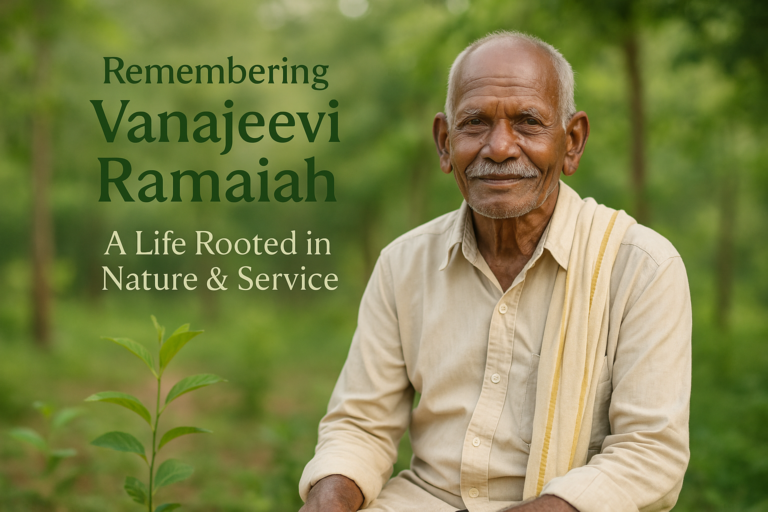
Bryan Johnson, one of the notorious tech entrepreneurs who pioneered anti-aging, shook the air over India’s deterioration in air quality with his podcast interview on WTF is with Nikhil Kamath. The guest on the Zerodha co-founder’s podcast made several eye-opening statements about environmental pollution that made the air thick with curiosity.
Who is Bryan Johnson?
More popularly, Bryan Johnson is known as the founder of Kernel, a company devoted to advanced neuroscience technologies, and Braintree, a payment platform acquired by PayPal for $800 million. Johnson, however, has also gained much attention due to a promise to spend millions on research into longevity so that humans may be rejuvenated and their health boosted through his Blueprint project. His journey and mission have been put on the spot with documentaries like Don’t Die: The Man Who Wants To Live Forever.
A visionary regarding health and technology, Johnson is an advocate of living a better present while preparing for upcoming breakthroughs concerning longevity science. His disciplined way of life together with extensive protocols in medicine, have been at the center of discussions as regards his anti-aging crusade.
A Seriously Humorous Radio Exchange on Smog
In the interview, when Kamath asked Johnson what was his key observation in India, Johnson promptly replied, “air quality.” Kamath playfully asked, “How bad is it?” Johnson quipped, “I really can’t see you over there.”
In a very symbolic gesture to drive home the gravity of the situation, Johnson demanded that he be allowed to wear his face mask during the conversation. The otherwise jovial tone here drove home a very sombre reality facing millions in this country.
Other panellists included Accel Partners’ Prashanth Prakash and Jitendra Chouksey, founder of FITTR. Chouksey forecasted that Indian cities may become “uninhabitable” in the next 5 to 10 years if pollution levels continue to rise uncontrolled.
Health, Longevity, and Environmental Concerns
Director of Zerodha, Seema Kamath, raised an important question, connecting longevity science to women’s reproductive health. Johnson, the health optimization enthusiast, pointed out that his quest is not so much about what tomorrow holds, but how he can make a difference in today.
“We all want to see tomorrow happen and be our best selves today,” Johnson said. “The problem is, right now, isn’t good enough for us today.”
A Wake-Up Call for Change
It is an urgent need for environmental reform in India that Johnson’s observations bring to light. His remarks remind us all that health and longevity cannot be separated from the environment we live in.
Whereas long life and wellbeing are the concerns of many discussion forums, ensuring pollution-free cities and sustainability becomes a challenge toward building healthy, livable, and thriving metropolises. Concerns of the type displayed by Johnson were amusing but remind one of something serious.
Get more updates here: satvnews.in.




